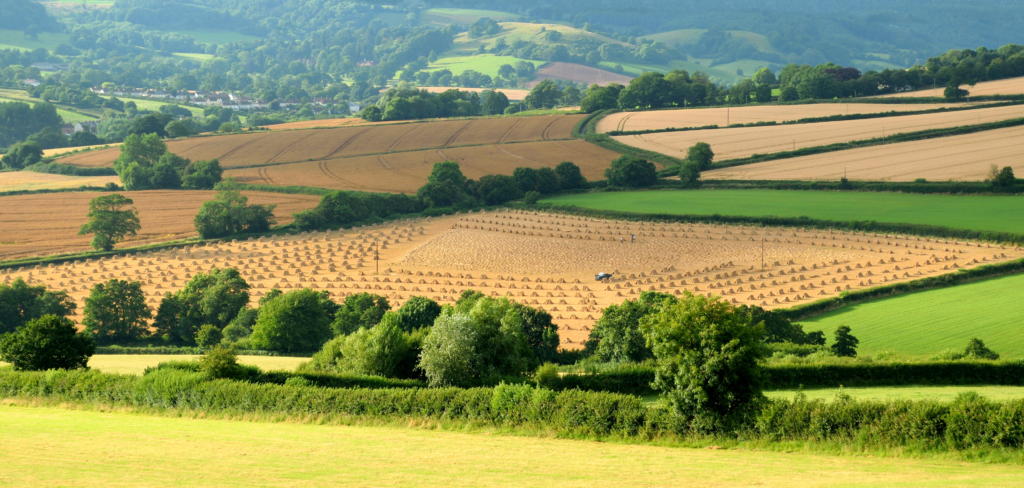
Many assume that all land is registered. This is incorrect. According to His Majesty’s Land Registry, as of September 2019, 13% of land in England and Wales remains unregistered. It is hoped that by 2030, the Land Registry will have achieved comprehensive registration. The benefits of doing so are explored in this article.
Ownership of registered land
The ownership of registered land is officially recorded on the digital database of the Land Registry. Once registered, a piece of land is assigned a ‘title number’ which serves as an individual identifier. Each title number has its own ‘register of title’ which provides details of the land and estate, the proprietor(s) of the land, any charges or matters that affect the land and the class of title. A ‘title plan’ accompanies the register of title, this is a plan that maps the boundary of the area of land in the registered estate, using Ordnance Survey mapping software.
Ownership of unregistered land
The ownership of unregistered land relies upon possession of physical, paper documents that chart the chain of proprietors. Amongst these pre-registration documents, some of which may be very old, there should be the ‘root of title’. This is the deed to which title to a property is ultimately traced to prove that the owner has ‘good title’ and will ultimately permit the property to be registered in the proprietor’s name.
Since 1990, all land that has been sold, gifted, or mortgaged ought to have been registered. If your land has not been subject to one of these ‘triggering events’, chances are that it could be unregistered. Given that Cornwall is a predominantly rural area of the country, land has not changed hands or been subject to triggering events at the same rate of rather more urban areas. As such, there remains a sizeable amount of unregistered land in the County. However, this amount is constantly decreasing.
Land Registry
If your land is registered with the Land Registry, there is clear, accessible proof of your ownership. This brings with it certain benefits. Should you wish to mortgage, sell, grant a lease, enter into an easement or transfer ownership for business restructuring or succession planning purposes, the process can be made easier, quicker and cheaper if your land is registered. Missing documents or poor plans can cause delays in the process of the transaction. Proprietors can very easily be unaware of such matters.
Additionally, it affords protection from property fraud given that the Land Registry require confirmation of identity before registering the transfer of property. For land that is registered, the Land Registry operate ‘Property Alert’ service, for no charge. This notifies proprietors of any significant activity on the property being monitored. For example, if an individual is attempting to make an ‘adverse possession’ claim against a property. This makes it much harder for others to make a claim on your land, i.e., neighbours seeking to extend their boundaries or squatters making an effort to assert ownership of your property.
If your land or property is unregistered, be reassured that your ownership is of no lesser quality. Land being unregistered does not mean that it is without an owner, it just means that the details of the land (which includes details of the proprietor) are documented solely in physical documents and not centrally (and securely) logged on the database of the Land Registry.
Reliance on physical paper documents that can be damaged or lost brings with it a certain degree of worry. There have been instances of fire and flooding destroying deeds that are securely stored. In addition, there are, of course, numerous examples of individuals simply misplacing deeds.
As evidenced, leaving your land unregistered leaves it vulnerable to property fraud, risk of encroachment and potential adverse possession.
Registering your land or property
The cost of registering your land or property depends on the value of the said land or property. However, the Land Registry offers a 25% reduction in fees for voluntary first registrations.
Should you wish to check if your land or property is registered, or you wish to commence registration, please do get in touch with our rural property team at ruralproperty@stephens-scown.co.uk
